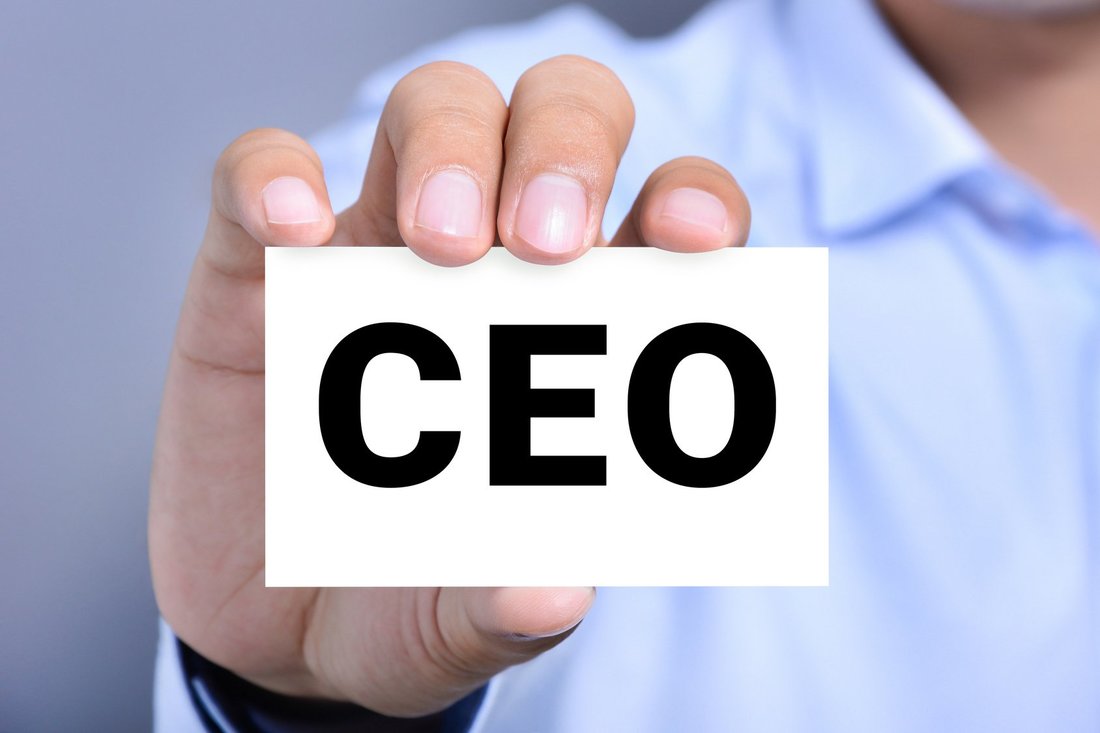|
The comparison has been around for a long time – the product manager is the CEO of their product. It’s become ingrained in our thinking and the way we talk about product management. For newcomers, it’s an exciting concept. Everyone wants to be the CEO, right? Make decisions. Create vision. Command respect. But is it true? Is the product manager the CEO? The short answer: it depends. The product manager isn't an executive. She doesn't have final authority. She can't hire and fire people. She can't determine the budget and pull resources in most cases. In short, she isn't really the CEO in that way. But you say above that the product manager is the CEO. What gives? Many characteristics of a good CEO should be emulated by product managers. Ownership, leadership, drive, ambition, etc. So here is how the product manager really is the CEO of their product. Chief Empathizing Officer One of the most crucial characteristics of a good product manager is empathy. Empathy for users of our products. Empathy for our stakeholders. And empathy for anyone impacted by our work. With that, the first role of a product manager is to be the chief empathizer. When I first came into my current role in developing a new application for university students and faculty, I knew I had to get a much deeper understanding of all our users. So I started doing frequent interviews. I would watch as they did their work. I would ask questions. I would then take what they were doing and do it myself, going through the whole process. Only after all of this was I able to really understand the pain points these users had. Some of the pain they didn't even realize. The pain had been around for so long that it had simply become "the process". Those were the things that I knew we could solve. The things users didn't even realize were terrible because they had always been terrible. A product manager has to be able to understand the users and customers of their product. The product manager needs to really internalize the user experience and be their advocate throughout the product development process. Of course, this doesn't absolve the rest of the team or business from having empathy for users, but I'd argue that no one should embody that role more than the product manager. Chief Experience Officer I know this is an actual title in some places, which is excellent. Along the same lines as empathizing with users, the experience of the user should be first and foremost on our minds as product managers. We aren't simply designing tools or applications or software, but are ultimately creating experiences. No piece of software is used in isolation. No application is used without some context. We as product managers need to understand that context and understand the experience. There is an excellent story about this over on the Inside Intercom blog. James Buckhouse does a masterful job in audio storytelling. It's short, so I'd encourage you to give it a listen. It's about truly capturing the human experience. And while geared toward designers, I'd say just as true for product managers. We have to own the experience, which means going beyond the pixels. Chief Editing Officer The product manager is the chief editor. If we look at an editor's role in writing, he is meant to be a gatekeeper between an author and an audience. To ensure that the message being conveyed is clear and concise. The best editors are often a bit harsh, forcing writers to think about their audience and shorten things so that the point is clear and the flow is logical. This is crucial for product managers. A good product manager should be constantly editing their product. Ensuring that the features are core to the strategy of the product and company, and not just a laundry list that customers or management have asked for. The product manager should also constantly be forcing the team and business to think about the audience - the users of the product. It's about what to include and what not to include. One of my favorite examples of this is Google Docs. It is an application I've used for years and probably will continue to use for years. Many of you probably feel the same. It is not nearly as powerful or robust as Microsoft Word. And that is partly the point. It doesn't have to do everything. It is a simple, online word processor that can do 95% of what most users need. Sure, there is a place for Word and likely always will be, but for simplicity and functionality, you can't beat Docs. Chief Evangelizing Officer I love this one because it plays so well to most product managers I've seen. No one else is going to be an advocate for your product like you are. No matter how much we think our products may sell themselves, we can never stop evangelizing the benefits of our products. I'd also take this a step further to say that the product manager generally needs to be a consistent communicator. That goes for both the good and bad. Evangelizing typically connotes positivity and bringing people to our side because of the benefits of something. But no product manager should look at their product with rose-colored glasses. There are trade-offs to be made. Honest discussion about those things is crucial. That doesn't mean we have to lose our positivity, but be realistic about the positives and negatives. Marty Cagan shares a great story about Lea Hickman at Adobe as they transitioned their creative suite from a purchase model to a subscription model. It was a monumental change to the way Adobe built and released software, and to how customers used it. One of the keys to making the move was the evangelizing that Lea, the product manager, did throughout. To get an entire company to buy into a massive change is no small feat. And it involved trade-offs across the board. But ultimately was the right decision. Chief Expert Officer Another key role for product managers is to be an expert in their product. Any questions about the product should be readily handled by the product manager. But it goes beyond knowing the product inside and out. The product manager also must know how their product relates to the larger business, the strategy of the company, and the broader market. The product manager has to keep a pulse of the industry and trends, and be the local expert for their team and stakeholders. In fine, the product manager needs to be an expert in the problem (or problems) they are solving. It goes back to empathy and experience. The problems that users are facing need to be deeply understood by the product manager, so that she can deliver the right solutions. Chief Experiment Officer In order to get to the right solutions for users, a product manager has to experiment. This means uncovering problems, asking questions, creating hypotheses, and then testing those hypotheses through experiments. (For a handy guide, check out this article). Experimenting is a lot of hard work. But it is a crucial part of the process. Taking solutions and actually testing them out before implementing them across the board. It's a way to understand what is happening when you make changes and homing in on the right things. A favorite example of experimenting and learning is the story of Dropbox. They were able to do experiments throughout their initial phases in order to learn what users wanted, and what they didn't want, in order to build the right features. Experimenting is key to product success. Chief Facilitating Officer And if it's not enough for a product manager to be a CEO, we'll add CFO to the title as well. Why not, right? In this case, however, we're really taking about being the facilitator. Gone are the days when a product manager served as a proxy for the business or the customer, being the gate between them and the development team. At least those days should be gone. A key role for a product manager isn't to be the go-between, but to actually bring the product team together with business stakeholders and users and actually facilitate the learning and interaction that comes from it. In my experience, bringing the developers into the conversation adds tremendous value. Rather than me simply taking the message back, the development team gets to actually hear from the users and see their pain. That has, on more than one occasion, turned the entire conversation. So while a product manager may not be the full-on CEO of their product, there are many ways that they are the CEO. Through empathizing with users, owning the experience, editing and evangelizing the product, being the expert, experimenting, and facilitating learning and communication, they are the leader that is accountable for success or failure. And while no one should go into product management believing they are going to be the actual CEO of something, embodying the traits of great CEOs will lead to success.
And with that kind of experience, it's not surprising that many product managers eventually make great candidates to take on the executive role. So if you want to be a CEO, don't make the mistake of thinking that becoming a product manager makes you the CEO. But don't be surprised when you get to an executive role at some point in the future after being a great product manager.
1 Comment
|
AuthorMy personal musings on a variety of topics. Categories
All
Archives
January 2023
|


 RSS Feed
RSS Feed
